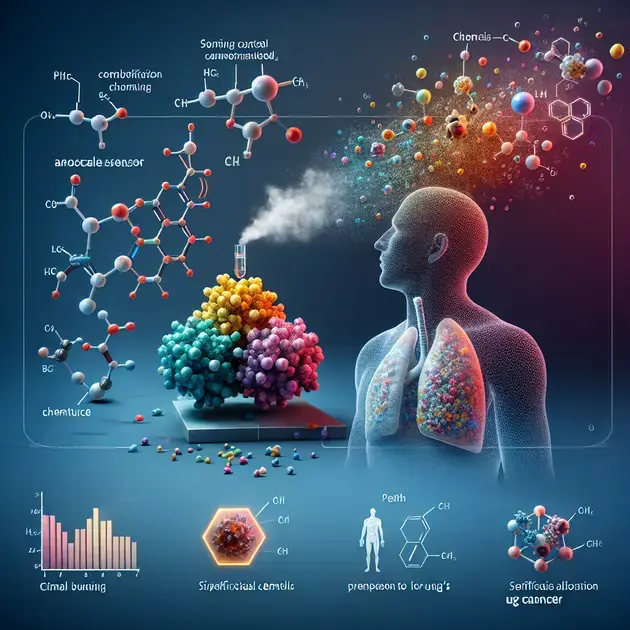This breakthrough represents a promising step towards non-invasive and reliable methods for detecting lung cancer at an early stage.
Lung cancer is a leading cause of cancer-related deaths worldwide, often diagnosed at advanced stages when treatment options are limited. Traditional diagnostic approaches involve invasive procedures like biopsies, which can be uncomfortable and carry certain risks. Analyzing breath compounds offers a simpler and less invasive alternative.
The nanoscale sensors created by researchers are incredibly sensitive, capable of detecting even the slightest changes in breath chemistry. They can identify specific compounds that indicate lung cancer, enabling early detection. By analyzing exhaled breath samples, doctors can identify potential lung cancer cases earlier, enabling prompt intervention and potentially more effective treatments.
These sensors have the potential to be used for detecting other diseases and health conditions by analyzing breath compounds associated with different ailments. This innovative approach has great potential for personalized medicine and preventive healthcare.
While the current study is a preliminary step, it demonstrates the possibilities of harnessing breath analysis for diagnostic purposes. Further research is necessary to validate the reliability and effectiveness of these nanoscale sensors on a larger scale.
In conclusion, the development of ultrasensitive nanoscale sensors for detecting changes in breath chemistry brings hope for early diagnoses and improved patient outcomes in lung cancer cases. This technology has the potential to revolutionize diagnostic medicine, making it easier and less invasive to detect diseases through breath analysis. With continued advancements, we may witness a future where a simple breath test could change the way we approach healthcare and provide timely solutions to various medical challenges.
